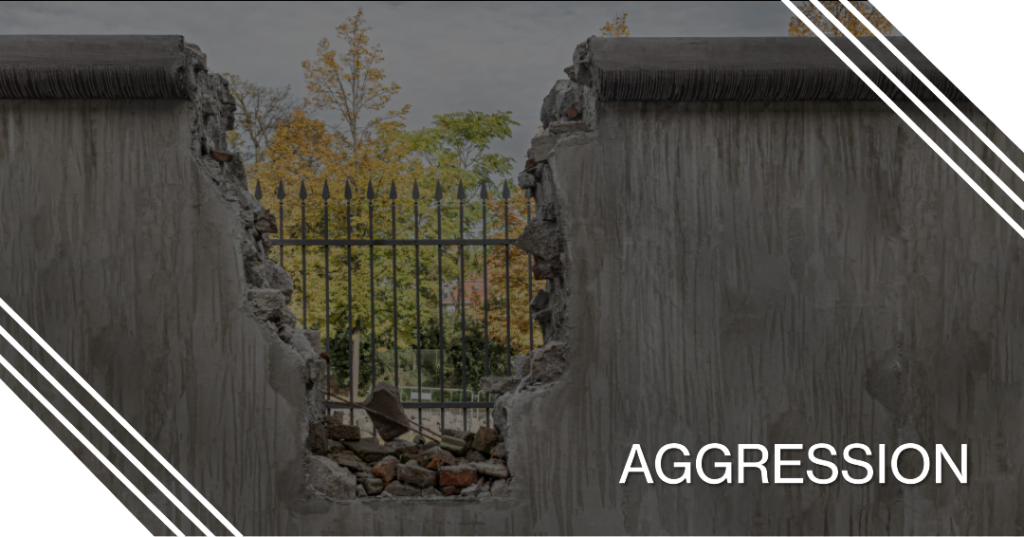Freedom of Expression

Freedom of expression is a fundamental right which allows people to express their opinions and ideas without any authority restricting this right. The concept of freedom of expression also has a personal dimension since it offers vital conditions for the personal development of individuals.
In addition, it also has a social dimension which is essential for the development of a free and democratic society. Freedom of expression thus includes the freedom to seek, gain, and use information orally and verbally in the form of media and art (Howie, 2017). In other terms, freedom of expression enables people to express their ideas and opinions through verbal and non-verbal expressions.
It is also considered a necessary prerequisite to enjoy other rights such as the freedom of association and the freedom to vote.
The concept of freedom of expression was for the first time introduced in the United States’ constitution of 1791 (Magee, 2002). The American Congress declared that no law, emperors or monarchs could restrict peoples’ freedom of speech.
Later, however, the U.S government did impose restrictions on freedom of speech, but the idea soon gained global prominence. In 1948, for instance, Article 19 of the Universal Declaration of Human Rights (UDHR) of the United Nations protected the right of people to express and hold an opinion (Howie, 2017). After 70 years, freedom of expression was finally a part of international treaties and of human right laws.
Freedom of expression is, moreover, a legacy of the Cold War era in many western democracies. Despite this rich legacy, this freedom is under attack fron1 various state-imposed limitations across the world.
Article 19(A) of Pakistan’s constitution provides freedom of expression to every Pakistani citizen. However, this right is not adequately exercised in Pakistan since many groups such as Journalists, minorities and human rights activists are repeatedly silenced in our country (Liaqauat, Qaisrani & Khokhar, 2016).
Freedom of expression is the freedom to hold and express one’s own opinions and ideas without interference or punishment. It is an essential human right and is protected by international law, including the Universal Declaration of Human Rights and the International Covenant on Civil and Political Rights.
Freedom of expression is important because it allows individuals to express their thoughts and ideas freely, which is essential for the exchange of information and the functioning of a healthy democracy. It is also crucial for the protection of other human rights, as it allows people to speak out against injustice and to hold those in power accountable.
However, freedom of expression is not absolute and may be subject to certain limitations, such as laws against incitement to violence or hate speech.
Freedom of expression is not absolute and may be subject to certain restrictions in certain circumstances. For example, freedom of expression may be limited to protect the rights of others, such as to prevent defamation or to prevent incitement to violence. However, any such restrictions must be narrowly tailored and justified in order to be considered legitimate.
Summary:
- Freedom of expression is the right to express oneself freely without fear of reprisal or punishment.
- This includes the right to express opinions, ideas, and beliefs through speech, writing, art, and other forms of communication.
- Freedom of expression is protected by national and international laws and is considered a fundamental human right.
- The purpose of freedom of expression is to allow individuals to freely express themselves and to facilitate the exchange of ideas and information.
- This freedom is essential for the functioning of a democratic society and is essential for the protection of other human rights.
- However, freedom of expression is not absolute and may be restricted in certain circumstances, such as in the case of hate speech or incitement to violence.
- Freedom of expression also applies to media outlets and the press, which play a crucial role in informing the public and holding those in power accountable.
- Freedom of expression is under threat in many countries around the world, and it is important to defend and protect this right.
